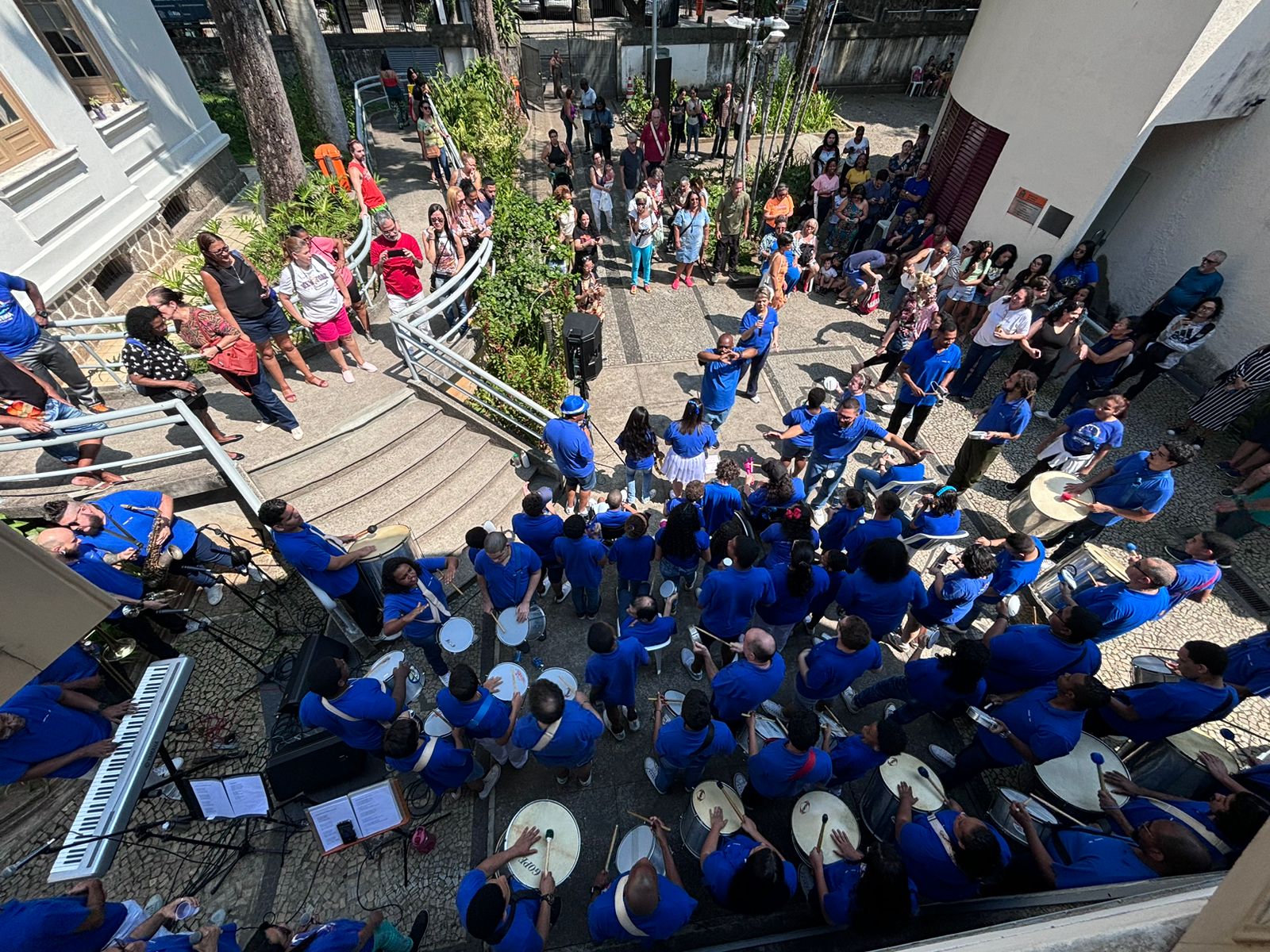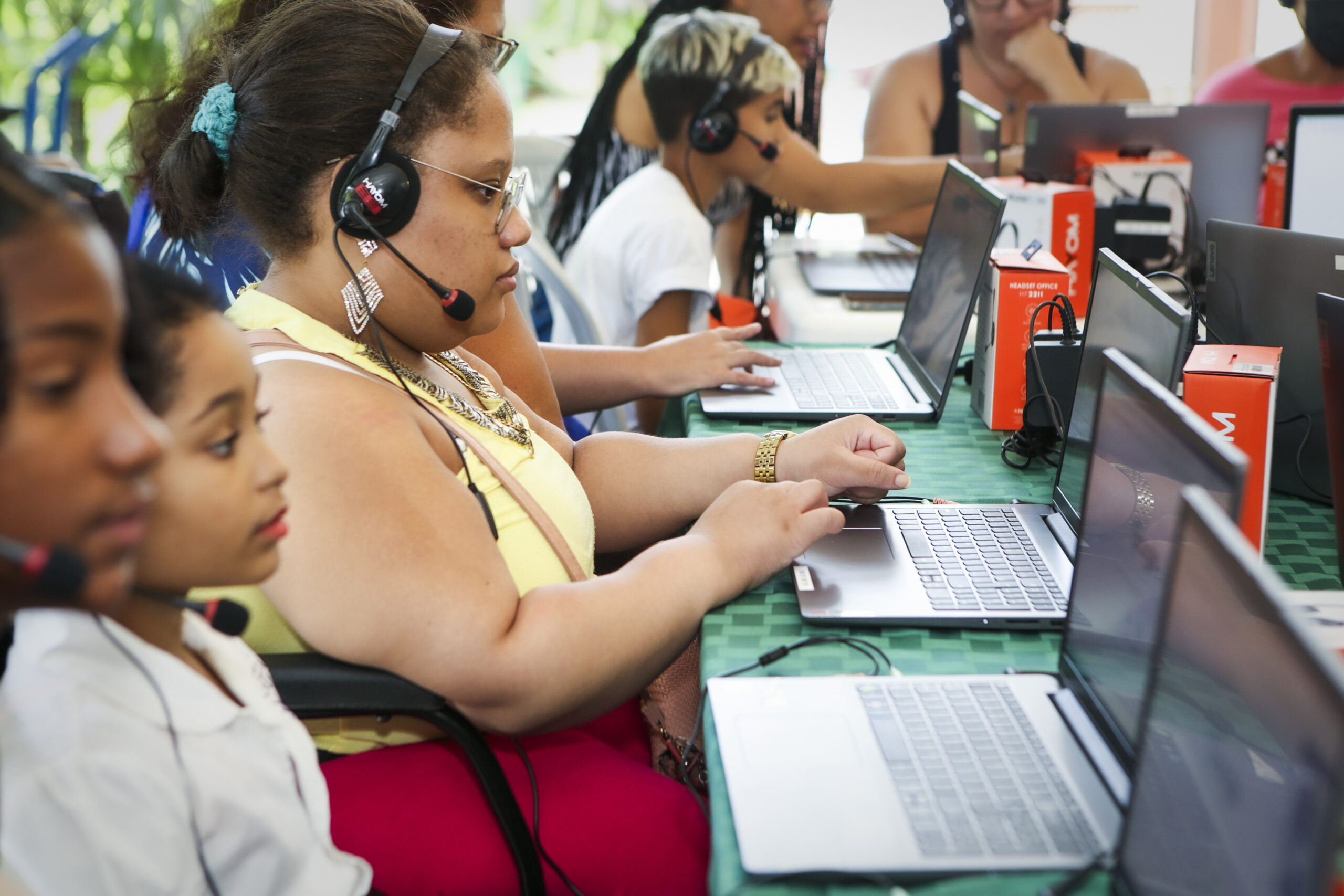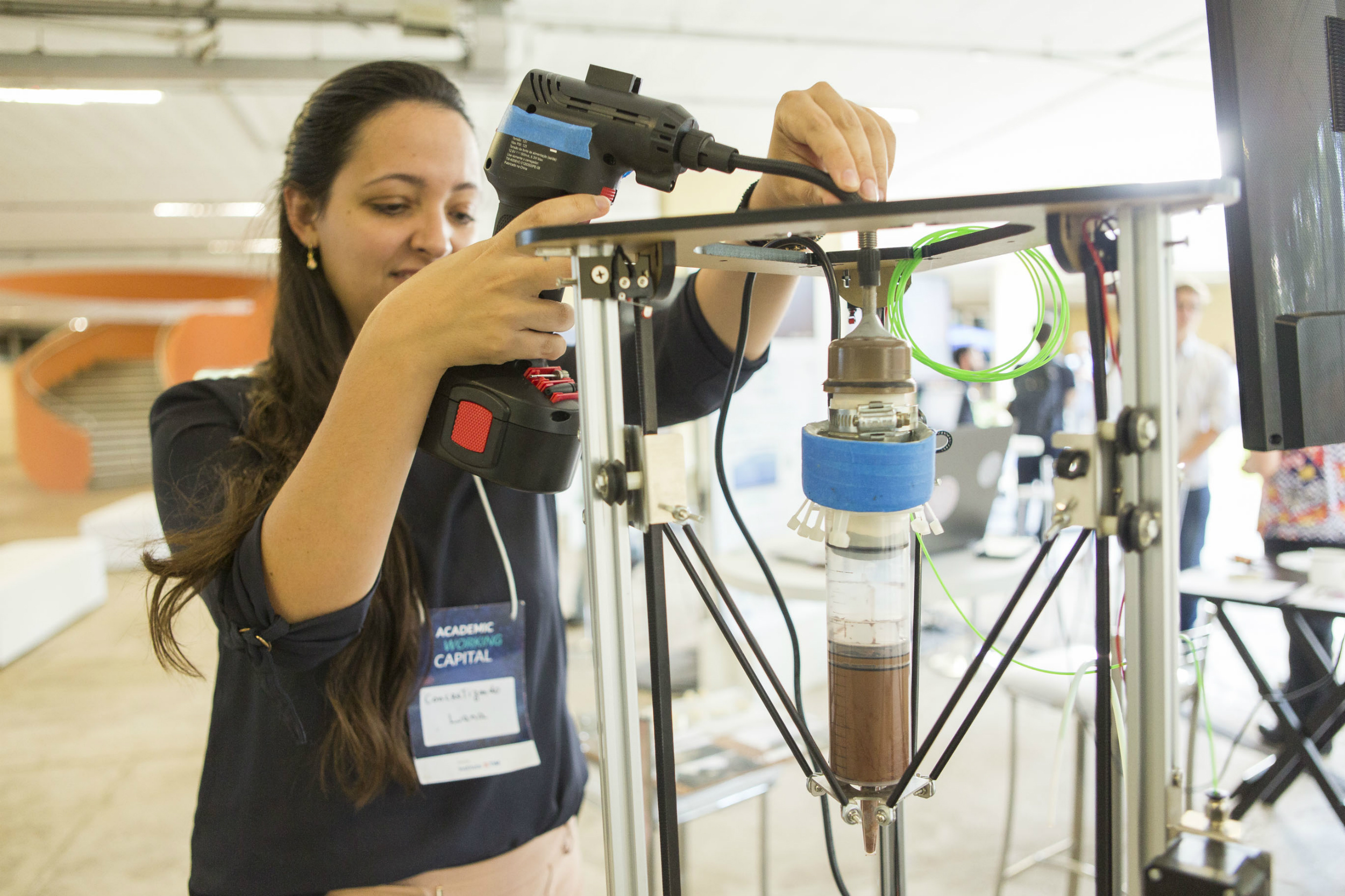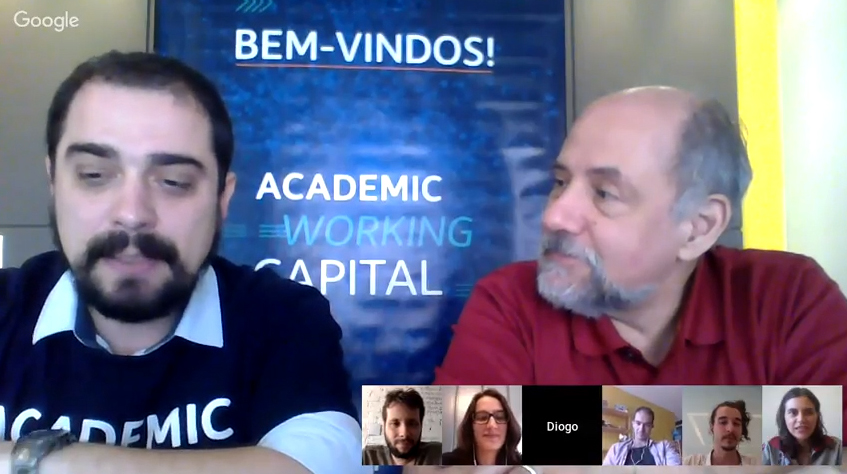
On May 5, the participating groups of Academic Working Capital 2018 met for the first time – though in the virtual environment – to get to know the program, attend lectures on entrepreneurship and market and listen to the first feedbacks of the solutions. The meeting happened on the first day of the Workshop I, which, this year, will be held entirely in the online format. The activities took place throughout the Saturday, from 9 a.m. to 6 p.m., and gathered representatives of the 31 participating groups.
Marcos Barretto, AWC academic consultant and Professor of University of São Paulo, and the master in Engineering Design Diogo Dutra, AWC content consultant, conducted the initial presentation of Instituto TIM and AWC. “It is not going to be easy, but what I can assure is that it will be a process of lots of learning and much gain,” says Marcos. Then, it was the turn of the team coordinator Anabelle Custódio and coaches Artur Vilas Boas, Rodrigo Franco, André Dib and Isabela Modesto to introduce themselves.
Throughout the morning, students learned the dynamics of AWC deliveries and monitoring and the tools used for communication and file sharing. Training lectures were also held, already addressing issues that will soon be part of the groups’ daily lives.
Marcos Barretto and Diogo Dutra talked about scientific entrepreneurship, which is the main conceptual basis of AWC and comprises continuously testing the solution and the business model, always talking to clients and people of the concerned market and changing the idea according to the feedback received. Diogo talked about the dynamics of startups, the importance of knowing who the customer is and the concept of pivoting (changing the course of the business). “Entrepreneurship is based on going to the field, understanding the signs, the facts and eventually pivoting and making choices”, he explains. “The earlier you are part of this cycle in an intensively way, the faster you tend to converge to real value-adding assumptions, and you build your business into that process”.
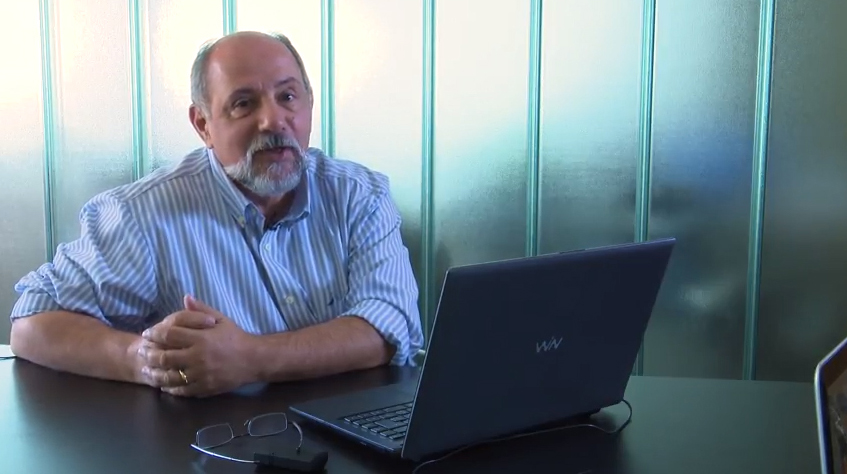
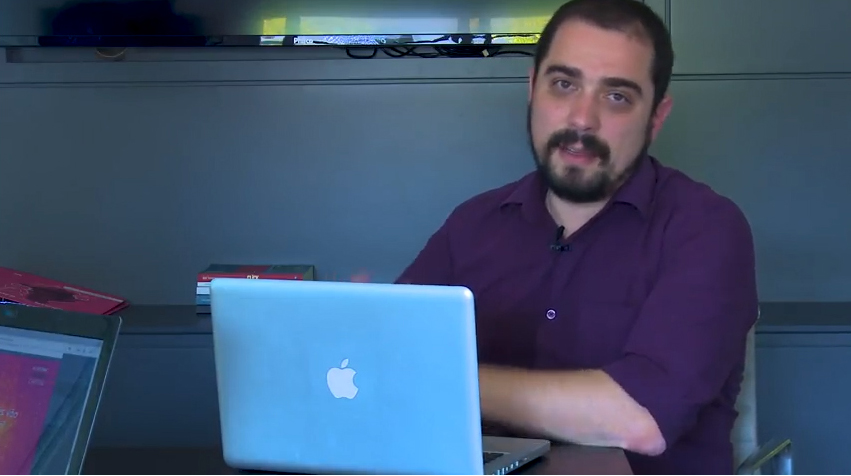
Other topics addressed were market opportunities and solution fit. The coach Artur Vilas Boas spoke about the importance of looking at other markets and showed interesting market trends for startups. “It is important to understand that great opportunities are the result of major market pains and very relevant markets”, he says. Then, Artur and Rodrigo Franco talked about problem solution fit. “There are two important concepts: the customer segment you are attacking and the value proposition you are going to deliver. And the fit, the joint between these two things, is what will bring the innovation that your startup will deliver”, explains Rodrigo.
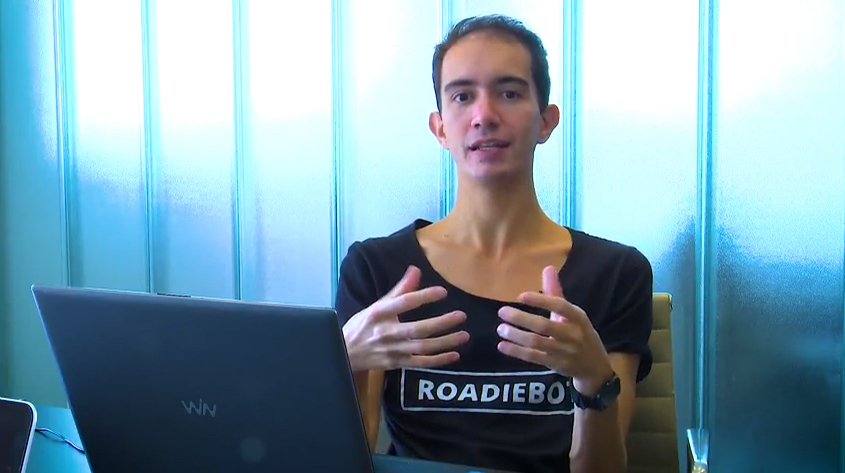
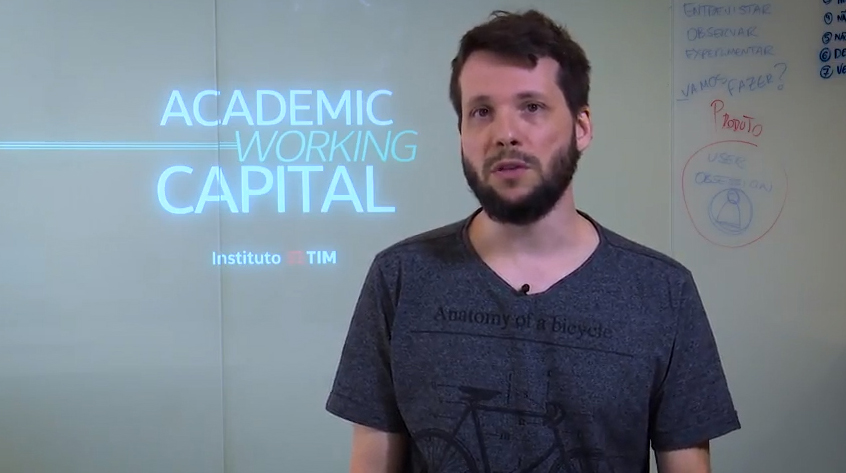
The first day of Workshop I was also to get things done. Throughout the program, students took breaks to interview people and collect feedback on their solutions. By the end of the day, they should have talked to ten people. With the information collected, they started working on the slide deck – template that will record all the work of improving the solution. Then, in the clusters (the groups were separated into 5 clusters, each led by a coach), they showed their work and received feedback from the coach and colleagues.
Finally, the engineer Fernando Lopes, from the startup Mvisia, created during AWC 2015, told the story of the company, talked about lessons learned and the greater learning that has had with the program, and gave tips for future entrepreneurs. In addition, students received a special message from TIM’s Vice President for Strategy and Innovation, Luis Minoru Shibata, who recorded a short statement, saying that the expectation for the program is high. “Life is like this, folks: there is no Saturday, there is no Sunday, when we want to work, we have to go for it, we have to run, do different and evolve”.
The second day of Workshop I will be held on 05/12, also in the online format.



